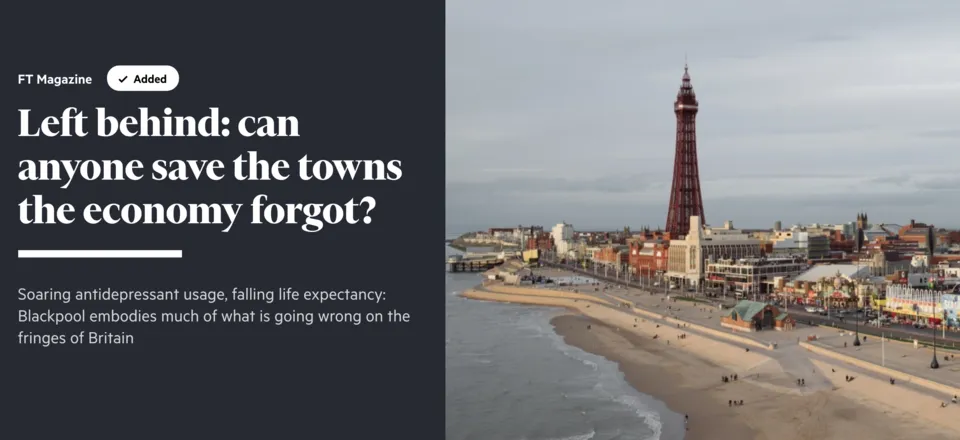The Stigler Center at the University of Chicago Booth School of Business recently published a transcript of an interview with Professor Dani Rodrik, the Ford Foundation Professor of International Political Economy at Harvard’s John F. Kennedy School of Government.
Full transcript available here.
Rodrik - What Do Trade Agreements Really Do?
Rodrik published a working paper that raises an alternative view of the era of globalisation that occured following the 1960s. From the paper's extract:
An alternative perspective [of trade agreements] is that trade agreements are the result of rent-seeking, self-interested behavior on the part of politically well-connected firms – international banks, pharmaceutical companies, multinational firms.
In other words, he argues that the trade agreements enacted over the last few decades should also be viewed as a result of a process that is heavily influenced by industry lobby groups. Even if trade agreements might result in freer trade and gains from trade, it is important to understand the redistribution of gains and wealth that might disproportionately benefit certain special interest groups.
Q: Who are the rent-seekers empowered by trade agreements?
I’d say there are three groups, when it comes to trade agreements. First, financial institutions, banks; second, multinational institutions; and third, pharmaceutical companies. We see the impacts of these groups in investment rules, financial services agreements, intellectual property rights.
All industries that currently have high public disapproval, and thus also easy targets to attack.
Political Populism in the Wake of the Globalisation Movement
In the interview, Rodrik links his work on rent-seeking behaviour behind trade agreements to the recent rise of populism not only in the US, but worldwide. A very interesting speculation and, I think, clear-eyed analysis of the effects of globalisation on different social groups:
I think globalization has contributed to tearing societies apart. You can see some of that in terms of greater inequality, but you can also see it in the increase of what one might call “social distance” between different groups in society: those who are globally networked and feel themselves to be part of a cosmopolitan group that don’t recognize or need national borders, who have the assets and the mobility to take advantage of the world economy, and those who think that their fates are tied up with local communities, that don’t have the assets or the resources and networks. It’s a social and cultural cleavage that globalization has deepened by having very asymmetric effects on different groups.
This reminds me of reports about the small local communities in the North of England that felt like they were excluded from sharing in the gains of economic growth in the UK. Put this way, we should have seen Brexit coming from a mile away.

The FT did a great article about this.
On reforms needed in the US to stem "bad" xenophobic populism.
The real issues are going to be how to rethink property right systems in a way that’s going to make the fruits of innovation and automation much more inclusive, how to make society feel much more [like] an equity participant in technology, closing the gap between this narrow elite that benefits from it and the broad parts of society that are not. How do we increase and democratize our educational system to ensure that the endowments with which workers come into the market seeking jobs diminish this deep cleavage between the technocratic and professional elite and ordinary workers? How do we regulate digital platform monopolies?
Which boils down to the question: How do we make our societies more inclusive and fairer? How do we deal with inequality?